SENEGAL COMMUNITY GRANT UPDATE: An Interview With Mbouillé Diallo
Posted on
09/08/20
Author
Dragons HQ
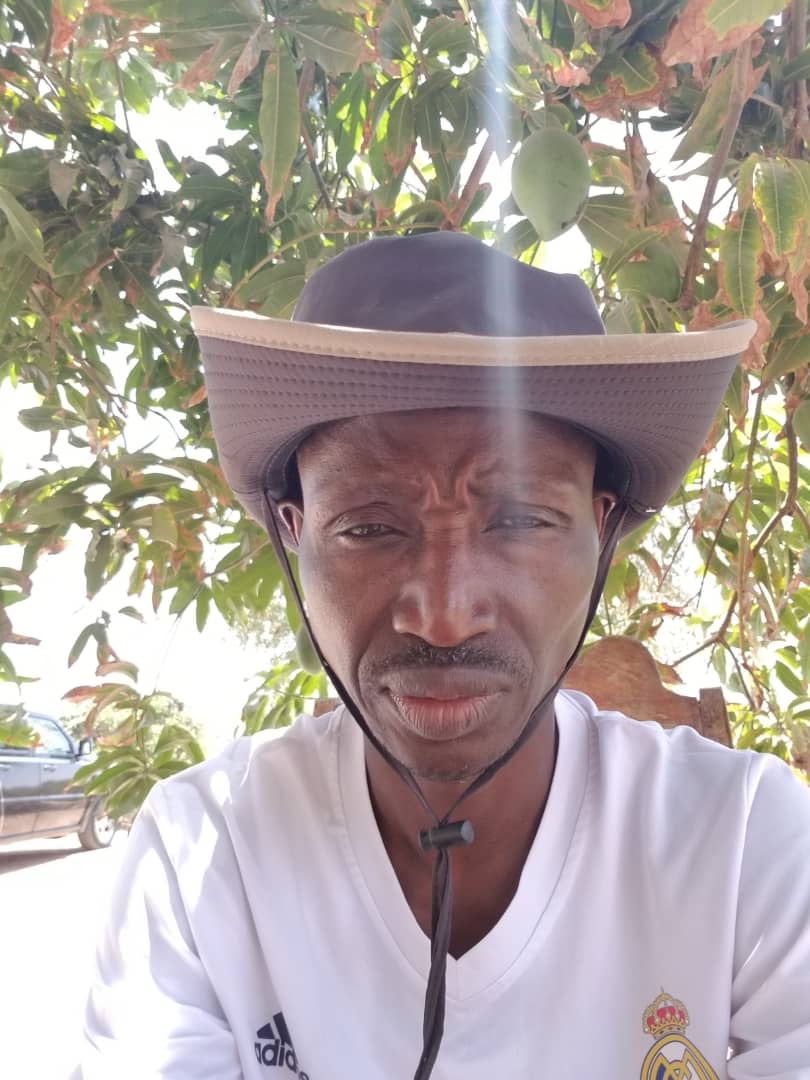 About Mbouillé
About Mbouillé
Mbouillé Diallo currently works in diplomatic security. He is an educator and taught young Senegalese and American students, specializing in language and culture. He is a seasoned Dragons instructor, he led Dragon’s inaugural West Africa summer program in 2005 and has been invited numerous times as a speaker and trainer for Dragons staff training. A former radio host, he is very interested in politics and geo-politics, though he is not a member of any political party. He is currently writing an autobiographical book and lives with his wife and four children in Thies, Senegal. A former soccer player, trainer and referee, Mr. Diallo likes to watch soccer games and see his kids play.
Interviewing Mbouillé
Can you speak a little bit about what it was like to grow up in Kolda?
I remember, when I was a lot younger, my parents or people of their generation would refer to the regions North of the Gambia as Senegal, and our area (South) as Casamance. I always wondered why. To me we were all Senegalese. My father served in the army and later the Police of Senegal. We ended up living in Kolda just because my father decided to build his house there. Actually, many of my siblings and myself (as a little boy) did not like having to live in Kolda. Because we wanted to be in the North and be “Senegalese”. As I was growing up, I realized how grateful I should be to God and my parents for giving me the opportunity to grow up in Kolda. I am not sure I would have learnt and understood a lot of things. Maybe, I would not have been the same person.
Two examples can help explain why I am saying this:
- People like me who grow up in Kolda are what I call a “Language and Culture Melting Pot”. Thanks to my past and experience I speak at least seven languages. In my neighborhood, we were surrounded by families of different origins. Almost in each family, they spoke a different language and had something specific to their culture, religion etc. There were several ethnic groups and each had some specificities. That’s why I would do whatever I could to not miss family ceremonies. As such, I was able to grow up learning from others and build my own personality, my future… my life. I am deeply convinced that without this past I would not have had the opportunity to work at the US Peace Corps, Dragons and other foreign organizations, or it would not have been the same. With my background and education, it was quite easy for me to understand others and know that staying or working with someone thought to be different from you is a gift and WEALTH.
- When I was a little boy, electricity and running water was nonexistent in our neighborhood. We learnt to struggle to succeed in difficult conditions. We would study at night with “lampe Tempete” (kerosene lamps); and had to pull water from wells to drink, bathe, and do the laundry etc. The legend says that the best civil servants (teachers, health workers, etc.) were mainly posted in the Northern part of the country. My family was considered as one of the wealthiest in the neighborhood, but we loved each other, as friends and played together in the streets as one. We shared food, clothes, school supplies and anything to make friends happy. We learnt to be independent and fight to succeed at school and in society. The one thing I feared the most was going to the bush to fetch firewood for cooking or working in farms. However, by following my friends and seeing how well they were doing, I decided to do the same. The most memorable times of my childhood comes from the moments I spent with friends in the bush, hunting, wrestling, playing games and fighting sometimes. Growing up with that is worth years of school studies.
You reached out to Dragons with a grant proposal to fund Dr. Yaya Balde’s campaign to purchase Personal Protective Equipment in the Region of Kolda. Can talk to us a little more about how these funds will help healthcare workers and the local population?
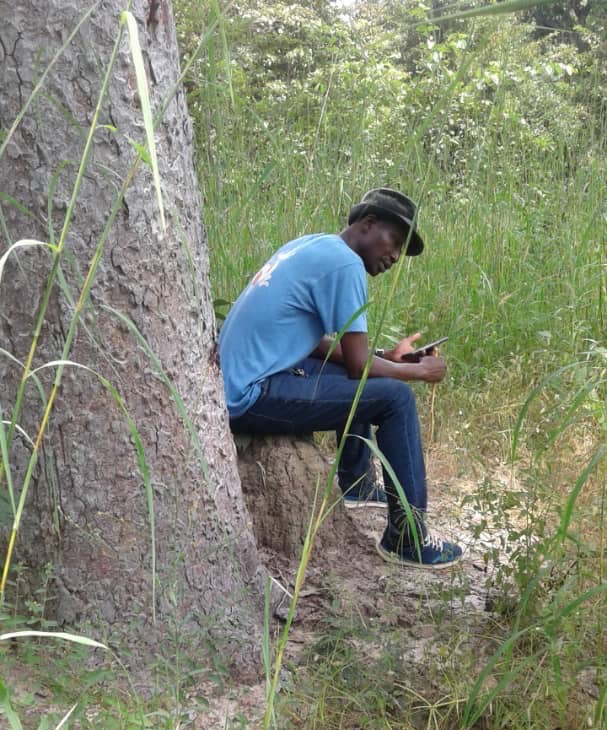 Healthcare workers were quite unable to fulfill their daily tasks to reach out to communities in the beginning, communicate well with them, let them know that following guidance given by authorities is key to fight COVID 19. The health system and facilities in Kolda is one of the least equipped in the country. Staff did not have enough tools (masks, gloves, hygiene gels, soap etc). Healthcare officials could not keep telling people to wash their hands if the latter don’t have soap or water (in some areas). They used a few radio programs, but being in the field was the best way to communicate with people. Healthcare workers knew it would take time to change people’s mind and let them understand that COVID 19 is real and anyone can be infected. The virus can survive anywhere; be it a hot, humid or cold area. They needed the basic tools and products to help communities fight. The public health system also depends on volunteers, since many health workers are not treated as civil servants and their salaries depend on the fees paid by patients in public hospitals and health care centers. Some health workers unions and hospital managers publicly announced that they might not be able to pay some salaries in the near future if solutions are not found quickly. So, I understood that people’s lives are at risk. How can someone who struggles on a daily basis to get the minimum to feed themselves and their family be able to pay for fees in order to be taken care of by public health care? And if the health care workers are frustrated and stressed out, because not only don’t have good salaries, but also they might even be paid, I do not think they will be able to help fight COVID 19 in an efficient way.
Healthcare workers were quite unable to fulfill their daily tasks to reach out to communities in the beginning, communicate well with them, let them know that following guidance given by authorities is key to fight COVID 19. The health system and facilities in Kolda is one of the least equipped in the country. Staff did not have enough tools (masks, gloves, hygiene gels, soap etc). Healthcare officials could not keep telling people to wash their hands if the latter don’t have soap or water (in some areas). They used a few radio programs, but being in the field was the best way to communicate with people. Healthcare workers knew it would take time to change people’s mind and let them understand that COVID 19 is real and anyone can be infected. The virus can survive anywhere; be it a hot, humid or cold area. They needed the basic tools and products to help communities fight. The public health system also depends on volunteers, since many health workers are not treated as civil servants and their salaries depend on the fees paid by patients in public hospitals and health care centers. Some health workers unions and hospital managers publicly announced that they might not be able to pay some salaries in the near future if solutions are not found quickly. So, I understood that people’s lives are at risk. How can someone who struggles on a daily basis to get the minimum to feed themselves and their family be able to pay for fees in order to be taken care of by public health care? And if the health care workers are frustrated and stressed out, because not only don’t have good salaries, but also they might even be paid, I do not think they will be able to help fight COVID 19 in an efficient way.
I thought it would be very helpful to help with means to anticipate and limit the number of people contaminated or affected. I contacted Dr. Balde and learned that there is a committee in charge that can receive donations. Knowing that I do not have enough income to personally bring a help that could impact, I decided to contact friends who could work directly with him and coordinate donations.
What is the current state of the Covid-19 crisis in Senegal? How has the virus impacted daily life for most people?
As of today Senegal Registered 3253 confirmed cases among whom over 2000 recovered and 38 died. The government of Senegal has not yet opted for total lockdown. However, we are in a state of emergency and under curfew (2100 to 05:00).
The virus has impacted people’s daily life in many domains: In terms of the economy, the majority of Senegalese workers are in the informal sector. The economy has slowed down and many locals have been having problems getting income to take care of their daily needs and their families. This crisis has also shown that the health system is extremely weak in this country as it is in many other developing countries. We realize now that the health system has issues in staffing (low salaries or no salary for many of them), and equipment (absence of masks, gloves, hygiene stuff) etc. More importantly, this crisis shows that good communication, hygiene and healthy diets can save lives and money.
The government voted for a special budget to support needy people. As such, food and hygiene products were supposed to be delivered to families that do not have income within a short period of time. Unfortunately, over one month after the decision has been made, many regions have not yet received anything from the government. The government could have done a better job if they did not focus on political actions that we call in French ‘Du Voyez moi’ (look at me). The minister in charge of this task is travelling and using the government TV and other Medias to show up and pretend that he is doing a good job delivering what the community deserves.
On a positive note, this crisis has pushed some sectors to be creative and work on resiliency. Though we are not used to producing and consuming locally, some sectors have decided to participate in the fight by producing masks, machines, gels etc.
In your opinion, how effective has the leadership in Senegal been at managing the crisis?
To me there was good leadership in the beginning, in the sense that there was an agreement between the current government, the opposition, and most of the other sectors of the society. They all decided to fight the pandemic together. However, I believe, they forgot to take into account certain realities.
Most of the recommendations were to stay at home and follow recommendations made by health organizations and authorities. The communication was done in the way that they focused more on stigmatization than addressing the issue. Many people still consider COVID 19 as shameful. That’s why many communities did not want to be moved from home (house/village,city, neighborhood) to their quarantine places (hospitals, hotels and centers).
Also, in my mind, the decision to move all the patients tested positive was a mistake. Many people could have stayed at home and taken care of. The huge amount of money spent to move and take care of those people in hotels could have been saved for investing in testing, research and equipment.
The decision to follow some recommendations was not adequate. For example, they could have recommended locals to wear masks right at the beginning of the crisis, rather than recommending only sick people should wear a mask. I think that added to the false belief that COVID does not exist.
Also, some local wealthy people and politicians who pretended to bring their own revenue into the fight were not doing it for the sake of helping needy people, but rather for publicity. Why would someone whose aim is to help people get out of the crisis expose the stuff and money he is giving in front of cameras and post it on social media? On the other hand, I came to realize that Senegal might not be as poor as our authorities claim. The amount of money that has been collected from politicians and other private business owners could have been enough to help us tackle the problem right at the beginning. If this money was used in the way it should be, the health system in this country would not have been at this sad level.
Is there anything you wish people living abroad knew about Senegal?
Senegal is one country with a lot of differences and details specific to peoples’ lives; it’s not fair to say there is one culture of Senegal. Senegal is not a poor country, but communities are not always given the opportunity to take advantage of their resources. The colonial system and history have impacted Senegal in different ways. Depending on where you are in the country, you can see these differences.
As such, the decision-makers should take into account the community realities in order to manage and help this country get out of the hole. So, for people living abroad, the best way to know this country and understand the realities to connect directly with locals, stay with them, travel with them….
Also, the educational system has to change. No community can make progress without a good system of education. And leaders should understand that not only people who are literate in French should be considered as educated people or intellectuals. There are a lot of people who could be good resources, but they are not being asked; if they are, their ideas are not taken into account.
What are your hopes and fears for the future?
I will summarize my hopes in one sentence: I wish the future of this country to be left in the hands of those who have the capacity and deserve it. I am optimistic that the new activist movements that are spreading now all over Africa will help us get to that. Many young Africans now understand that the most obvious guarantee to move forward is real Africa Union…
Anything else you want us to know?
I will be happy to get back to you if you have further questions.
Thank you for giving me the opportunity to express myself in a few lines about my country…..
![]()
Dragons Fund is a program of the COMMON Foundation, a not-for-profit 501(c)(3) organization.
All donations are tax-deductible as permitted by U.S. tax law.

PS. WANT DRAGONS BLOG UPDATES SENT DIRECTLY TO YOUR INBOX?
One email a week. Nothing Markety. Unsubscribe any time.
Subscribe to the Dragons Blog and stay connected to the community.
❤️
The Dragons Fund also helps to raise scholarships for our Summer Abroad, Gap Year, and College Study Abroad programs. Contact us for more details.

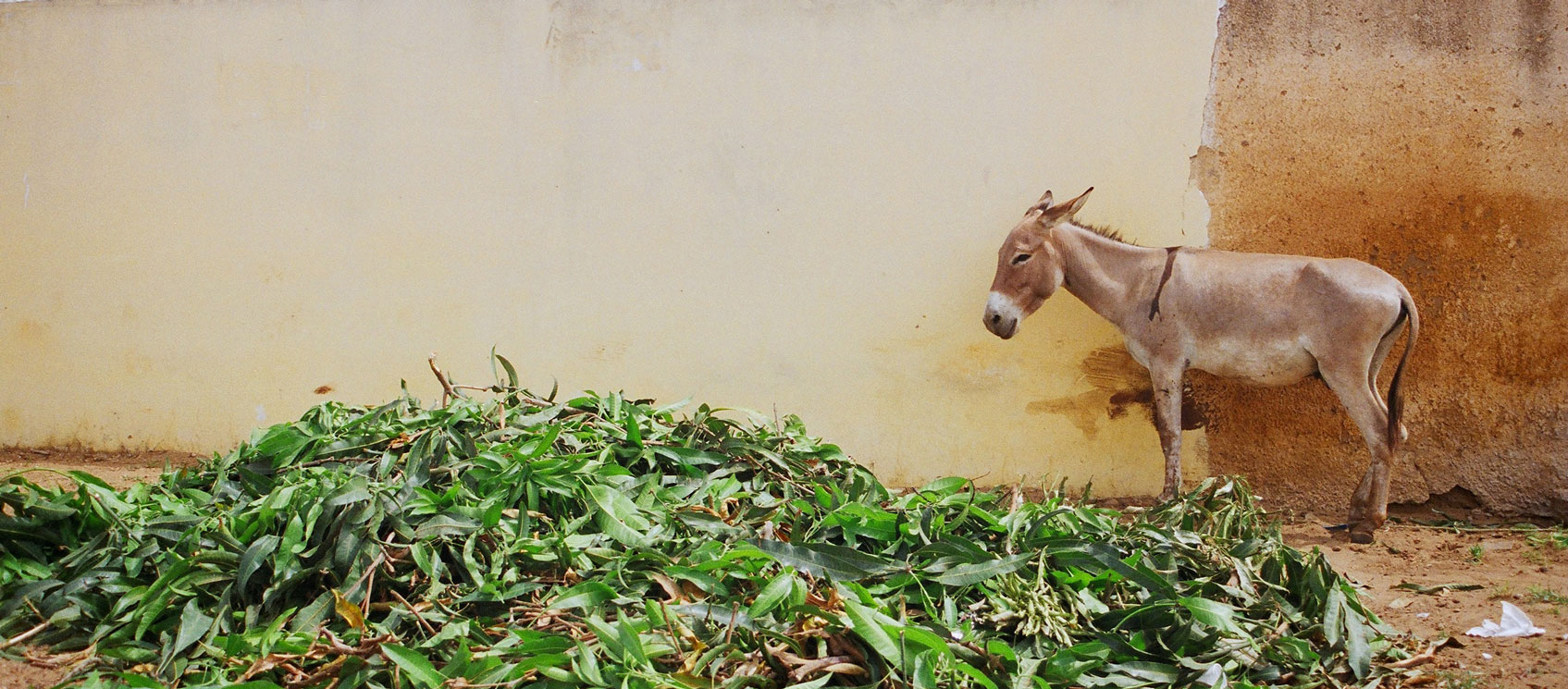
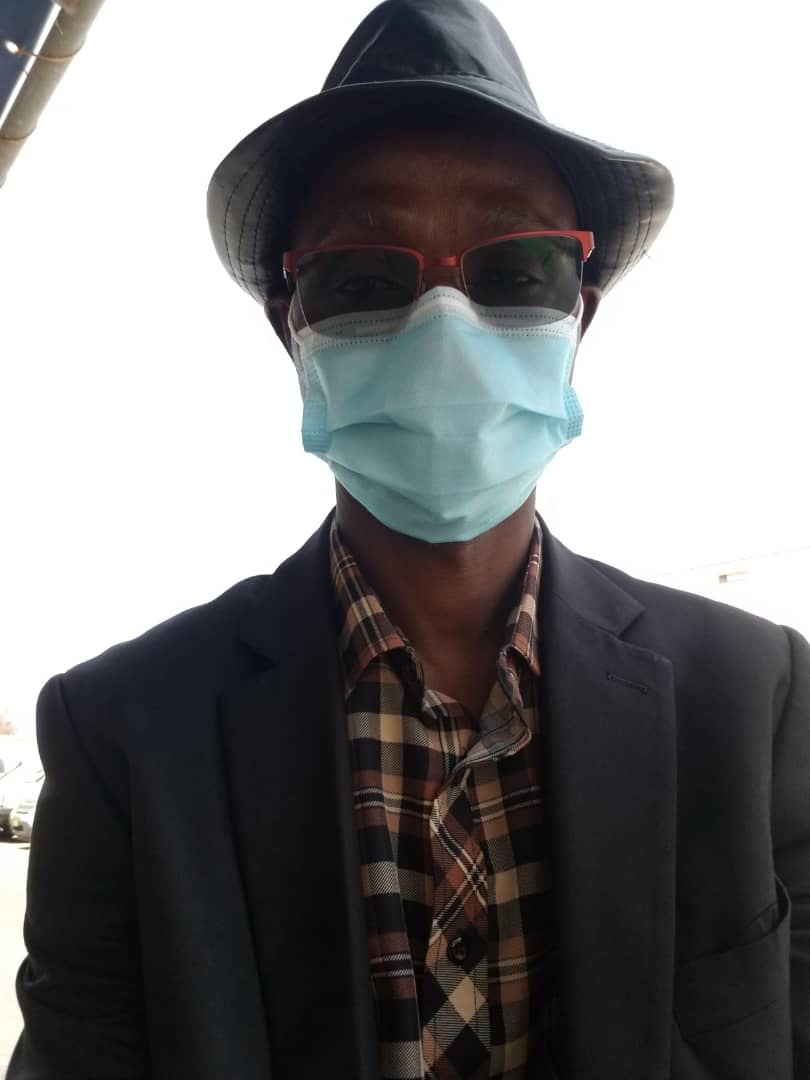
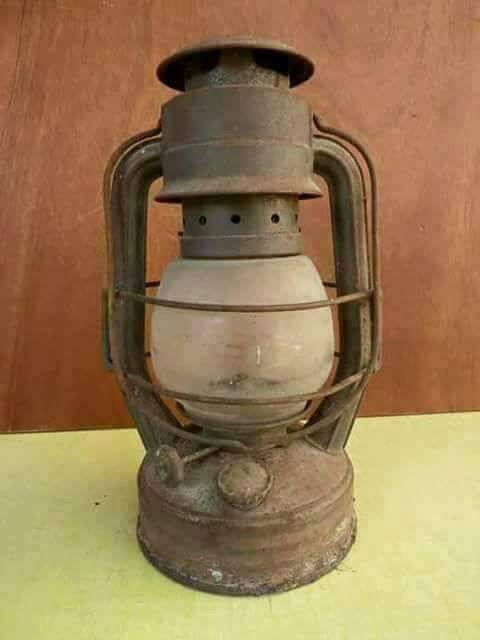
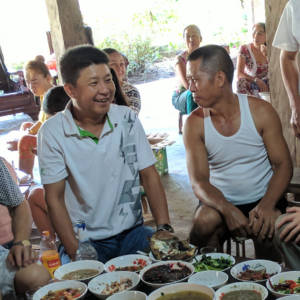
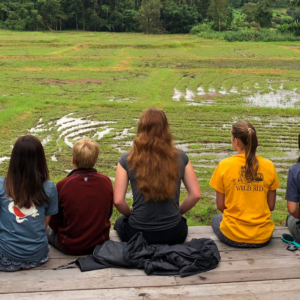
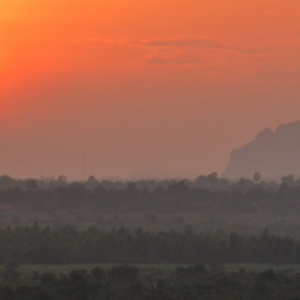
Our family would like to make a grant in favor of the Dragon Fund. Can you confirm the name and address for the grant? Thanks
Hi Giang,
Thanks for inquiring about making a contribution to the Dragons Fund!
For information on how to support the Community Relief Fund which specifically helps with Covid-19 relief efforts, go here: https://impact.dragonsfund.org/campaign/dragons-fund/c278057
For information on how to make a donation to the Dragons Fund, which supports students who need tuition assistance for their Dragons program, go here: https://dragonsfund.org/
Iy you have additional questions, please let us know.
Thanks again,
The Dragons Admin Team
Jerejef Mbouille! Asamalekum! My name is Marion Taylor, a former Peace Corps Volunteer, who lived in the Casamance region of Sedhiou in a small villaged near Marssasoum called Nissene Diola. I lived with the chief’s family for three years and learned Diola-Kasumey! I have visited the village several times over the time since I left in 1982 with my husband, parents, sister, and two of my four eldest children. I still am in contact with my village through Soute Dieme who is a teacher in Dakar. I always respected the other volunteers who were living in Kolda as it was considered very challenging with little water and dry conditions. They learned Fulani which is useful all around West Africa. Thank you for working as a teacher with Peace Corps and Dragons-both terrific programs. I hope to return to Senegal soon( after Covid) with my two yongest children so that they can meet my family in the village and come to know more about the Teranga of the Senegalese people. Thank you for your story here.
Satou Diem
Very interesting and well written!